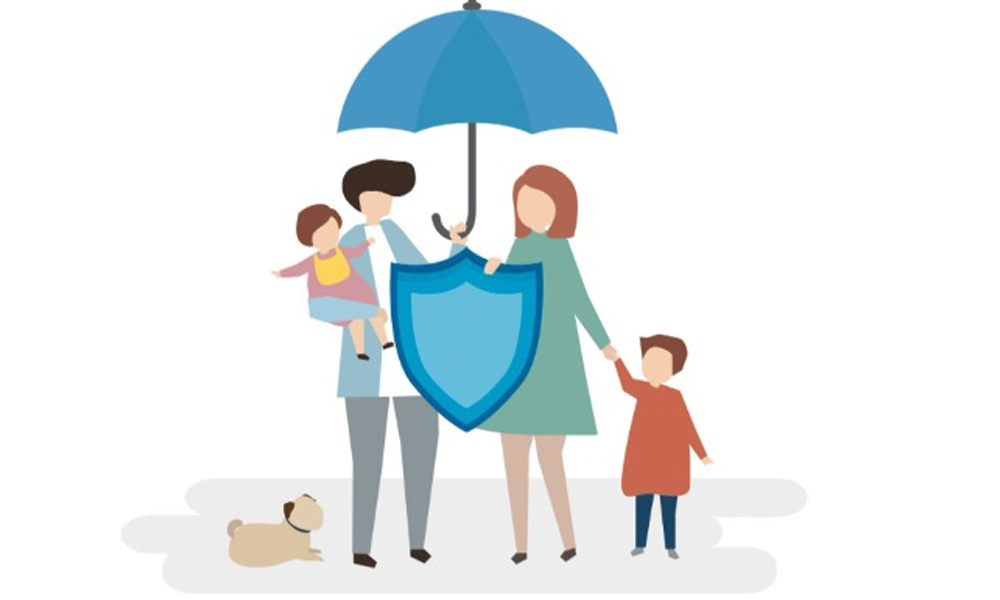In the last 24 hours, three more cases of Japanese Encephalitis have been reported in Assam.
Digital Desk: On Friday, three more individuals died in Assam from Japanese Encephalitis, bringing the total number of fatalities to 47.
However, seven further instances were reported in the northeastern state on the previous day. According to the National Health Mission, the state has currently seen 294 cases of viral infection.
One death each was reported in Barpeta, Chirang, and Darrang, among the most recent fatalities. Jorhat district reported two new cases of Japanese Encephalitis, while Bongaigaon, Charaideo, Darrang, Dibrugarh, and Kokrajhar districts found one.
Only three districts in Assam, South Salmara, Dima Hasao, and Karbi Anglong, are not affected by the disease. So far, a total of 34 cases have been reported from Golaghat. Nagaon has the highest number of cases with 44, followed by Jorhat with 39 cases.
In response to the increasing number of cases of Japanese Encephalitis, all nine medical colleges and ten district hospitals in Assam have been equipped with ICU and laboratory testing facilities, according to reports.
Japanese Encephalitis is a viral brain infection spread by mosquitos, particularly during the monsoon flood season, which begins in May and lasts until October. During this time of year in the state, many people die due to infection and malaria.
Floods and landslides caused by heavy rains in Assam affected approximately 20 lakh people this year. In addition, nearly 200 people were killed in flood and landslide-related incidents.


















